Selenium is needed by our body to maintain normal thyroid function and to protect us from free radicals and cancer. When selenium is deficient in the body, it can lead to muscle and joint pain, hair loss and white spots on the nails.
In some cases, selenium deficiency can lead to Hashimoto's disease, which is an autoimmune disease where our immune system attacks the thyroid gland.
However, how to get selenium other than through dietary supplements. Now we will find out through which foods with selenium we can get this much-needed trace element.
Nuts
All nuts, especially Brazil nuts, are a very good source of selenium. In addition to magnesium, Brazil nuts also contain the highest amount of selenium, 1917 μg per 100 g serving, 96 μg in one nut;
Oysters, mussels, snails
Oysters and mussel, in addition to containing selenium, are a rich source of iron, zinc, copper and vitamin B12. Oysters, which are found in the Pacific Ocean, provide the highest amount of selenium at 154 μg per 100 g serving. Some other shellfish high in selenium are blue mussels and snails, which provide us with 90 μg / 128% DV/ of selenium per 100 gram serving;
Liver
The liver of almost every animal is full of many nutrients. Liver is often eaten as a pate, but it can be prepared in many other ways. Lamb's liver contains the most selenium at 116 μg per 100 g serving;
Fish
Fish is one of the healthiest foods that helps the heart. It is also rich in many proteins and vitamins B1, B2, B3, B6, B12. The orange roughy gives the most selenium - 88 μg per 100 g serving. Other fish that are high in selenium are: canned tuna, canned anchovies, swordfish, marinated herring;
Sunflower seeds
These seeds are a very good choice as a snack and as an addition to salads. Sunflower seeds are a good source of vitamin E, iron, vitamin B1, B6, protein, magnesium, potassium and copper. These seeds provide 79 μg of selenium per 100 g serving;
Wheat, rice and oats
These foods, along with oat bran, are very good additions to breads and breakfast cereals such as oats and buckwheat. Wheat contains 78 μg of selenium per 100 g and 3 μg per tbsp. Oats provide 45 μg of selenium per 100 g, and rice bran contains less selenium - only 17 μg per 100 g serving;
Caviar
Caviar is not very expensive and is a very good source of iron, protein and vitamin B12. 100 grams of caviar contain 65.5 μg of selenium or 10.5 μg in one tablespoon;
Bacon and pork chops
Bacon is a very good source of selenium. 100 g contains 65 μg of selenium or 5 μg per slice. Pork chops, which are lean, supply 43 μg of selenium in 100 g;
Lobsters and crabs
Lobsters are generally served baked, steamed or in cream soup. A 100 gram serving of humpback lobster contains 59.2 μg of selenium, which is 96.5 μg in a whole lobster. Crabs contain 47.6 μg of selenium in 100 g;
Different types of shrimp
Despite the fact that shrimp is a high-cholesterol food, it contains a lot of iron, also selenium. There are 39.6 μg in 100 g of shrimp.
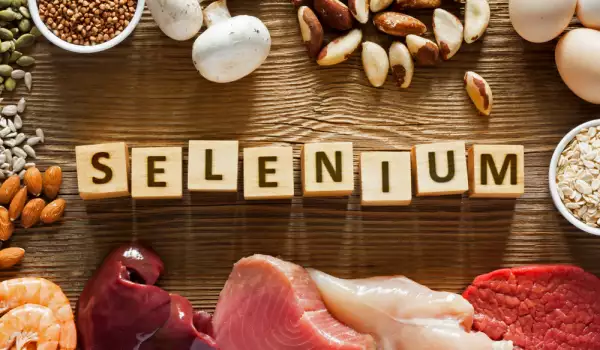

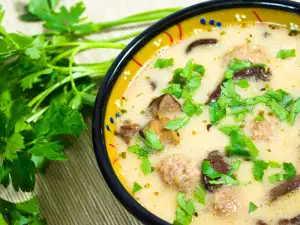
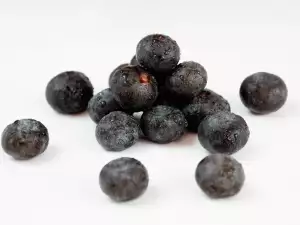
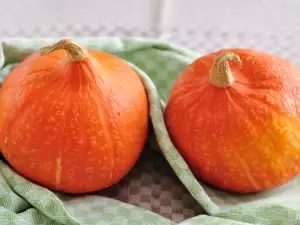
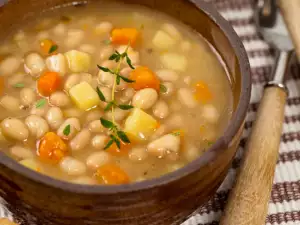
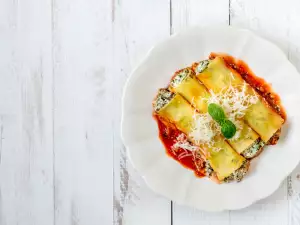
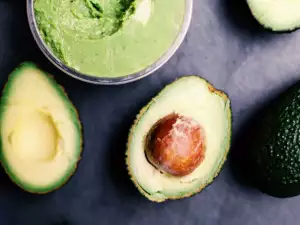
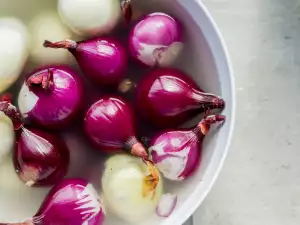
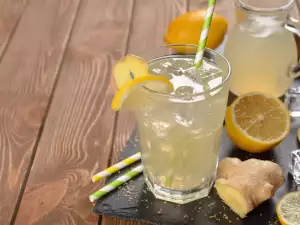
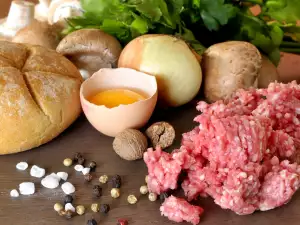
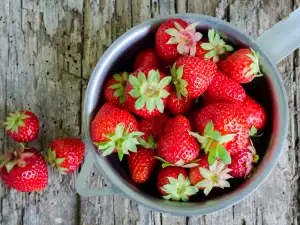
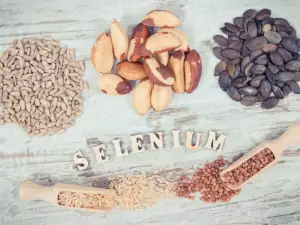
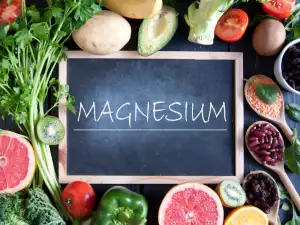
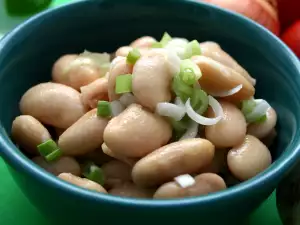
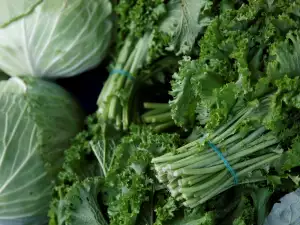



Comments